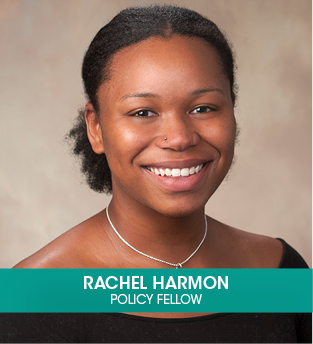Economic Security is More Than a Paycheck: Impact of Unfair Lending Practices on Black Homeownership
December 19th, 2017
African Americans, particularly those living in the Deep South, face a number of structural barriers to homeownership, with unfair lending practices being among the most significant. Nationally, researchers have found that black mortgage applicants are far more likely to be denied than their white counterparts and that even black applicants who are approved are more likely to pay higher mortgage rates. A 2015 study found that black borrowers pay about 29 basis points more than comparable white borrowers. Regionally, evidence points to the same structural barriers: black prospective homeowners in the Deep South are, relative to their white counterparts, less likely to obtain a mortgage loan and more likely to receive a high-cost mortgage, which increase the risk of default and limit the amount of disposable income a household is able to contribute to savings and other investments.
Available national evidence suggests that these disparities cannot be attributed to differences in the financial health of black and white households. A 2016 study found that after controlling for credit score and other key risk factors, African American homebuyers were 105 percent more likely than white homebuyers to receive a high-cost mortgage.
Housing is a critical component of the wealth portfolio of most American families and it is, as a result, a significant factor in the perpetuation of the racial wealth divide.
By 2024, white households are projected to own 99 times more wealth than black households and by 2053 median black household net worth is projected to hit zero.[1] These sobering statistics merit a concerted policy effort to address deepening divides in our economy. This work will require developing an understanding of economic security that includes more than providing families of color with enough income to make it day by day.
Strategies to reduce the racial wealth divide will need to contend with key barriers to homeownership for African American households, starting with access to fair, appropriately priced mortgage loans and including efforts to improve the return on homeownership that African Americans experience. There are a number of policy changes that can achieve these goals, including restructuring the mortgage interest and real estate tax deductions to promote primary homeownership for all Americans, ensuring that antidiscrimination lending and housing policies are effectively enforced, and providing more robust and widespread first-time homebuyer’s assistance.
In addition to pushing for policy changes at all levels of government, the programmatic work of Community Development Financial Institutions (CDFIs), like HOPE, who have worked diligently to ensure that homeownership is an option for communities that are underserved in the traditional mortgage market, is of vital importance. The economic health of this nation depends on developing solutions to the rapidly growing divides that hold an increasing portion of our communities behind.
[1] Road to Zero Wealth (2017)






